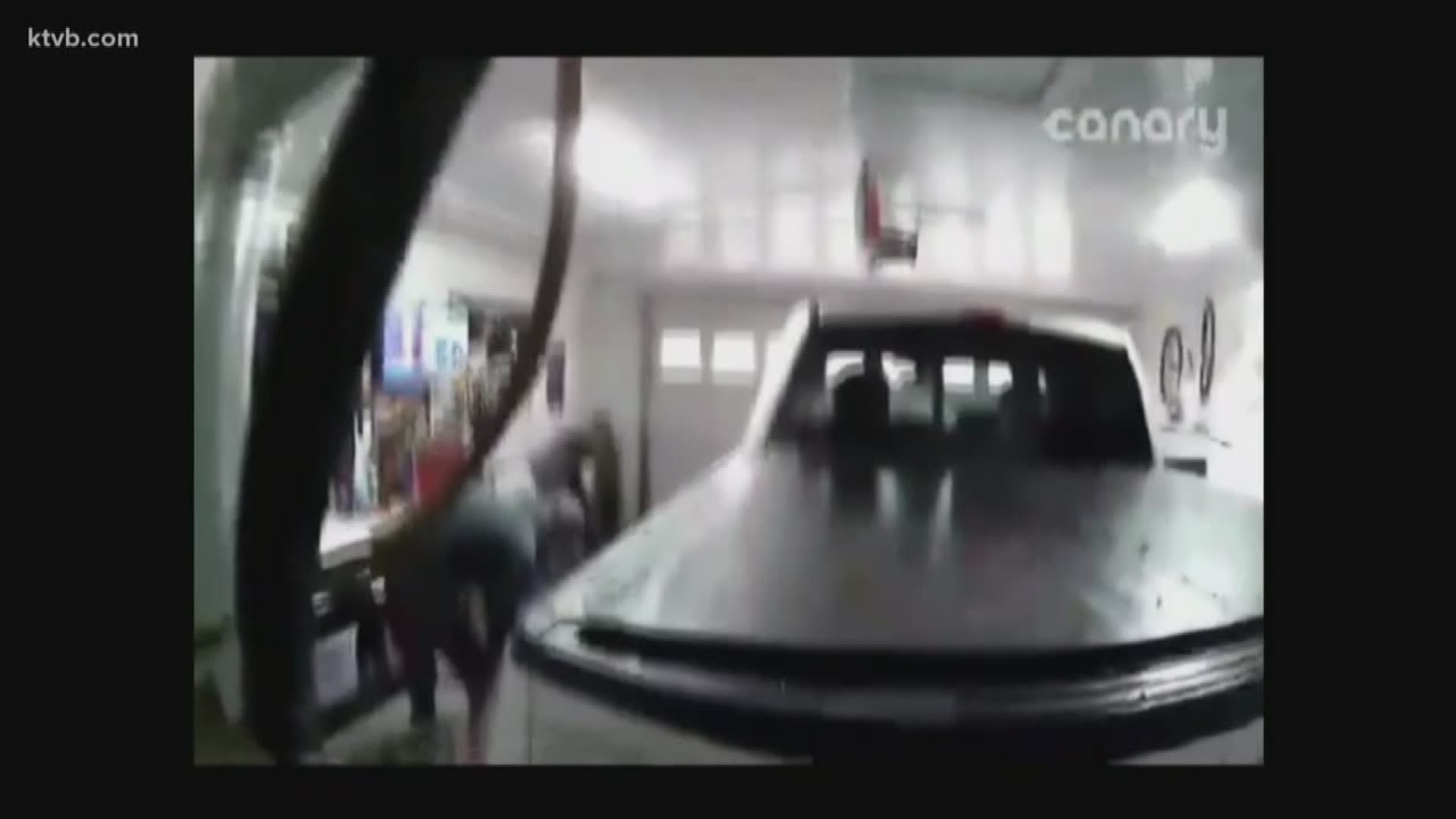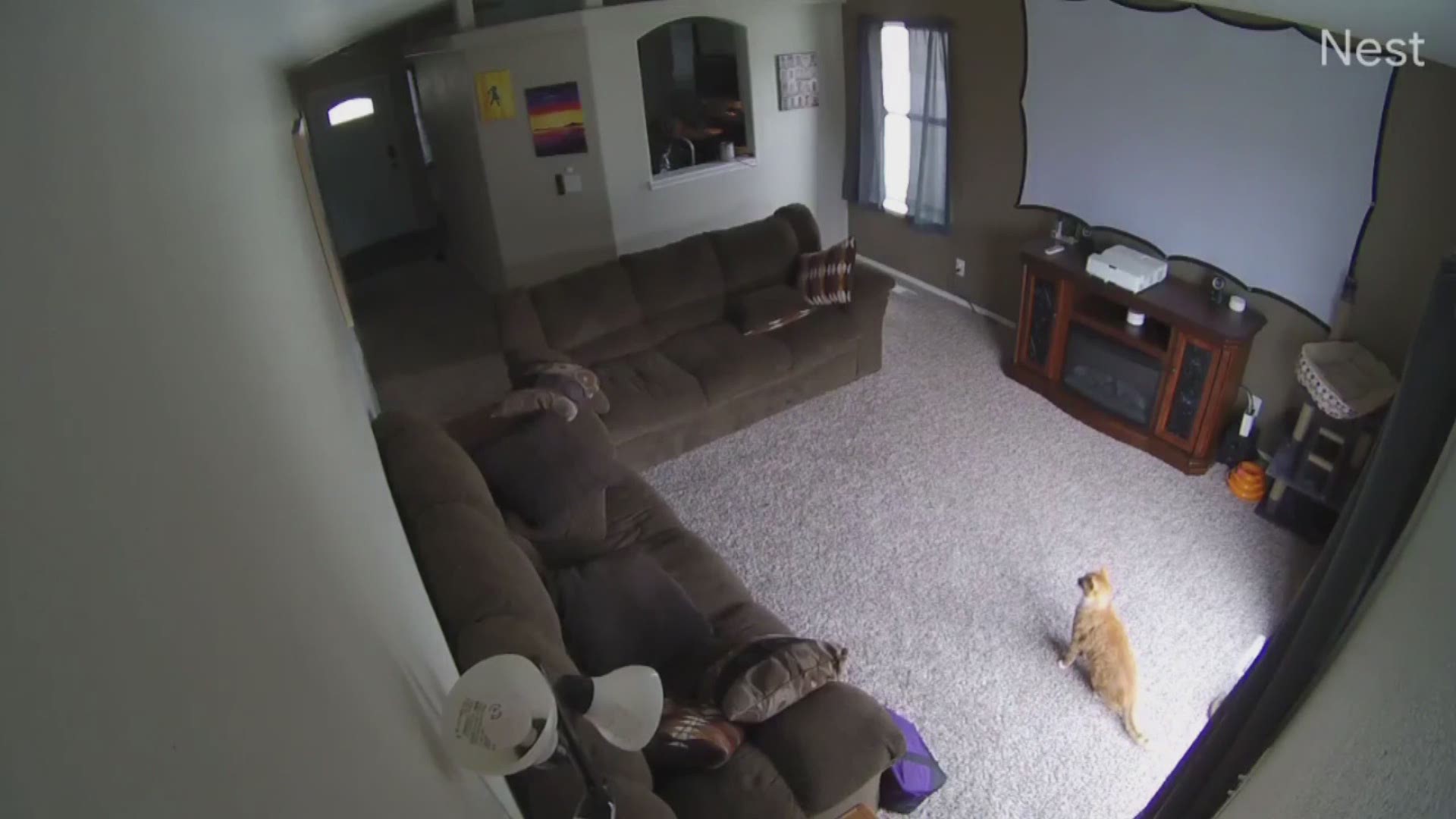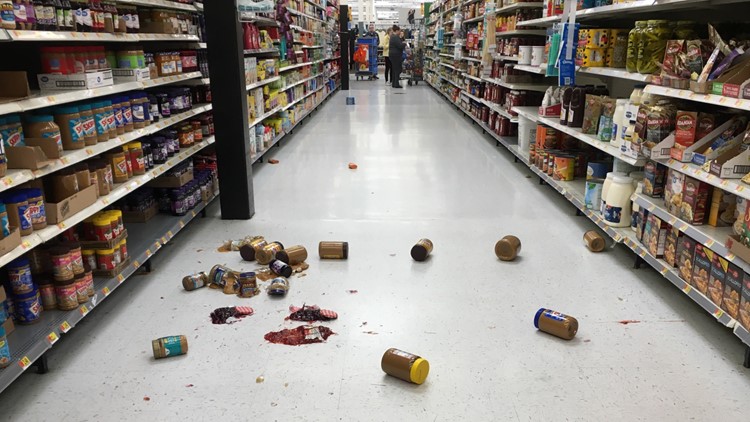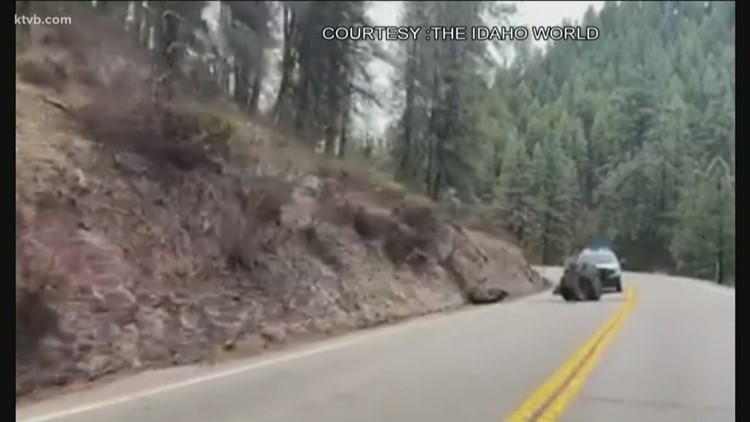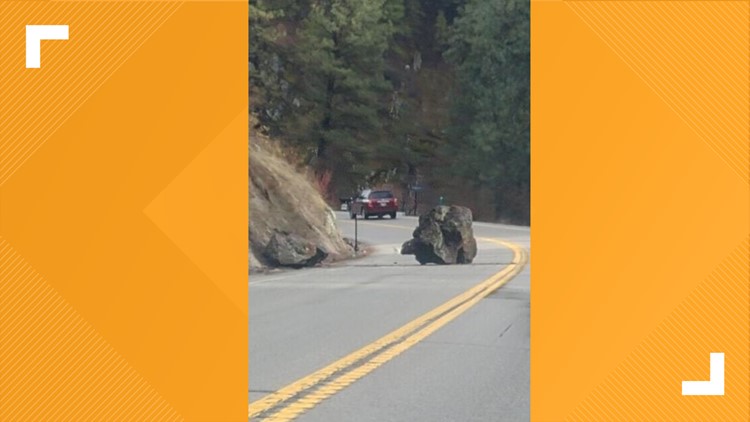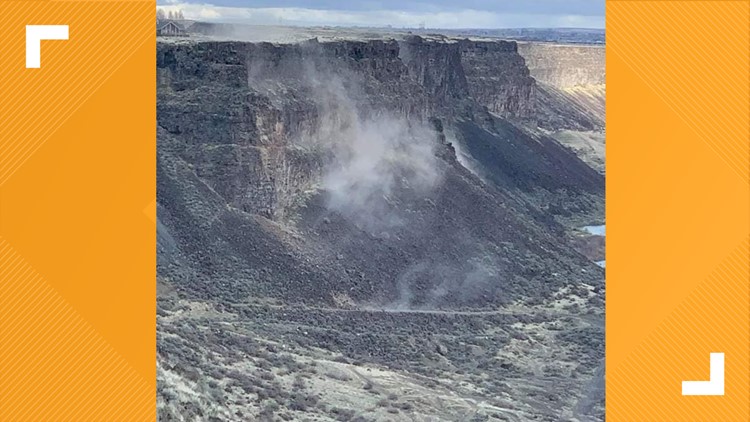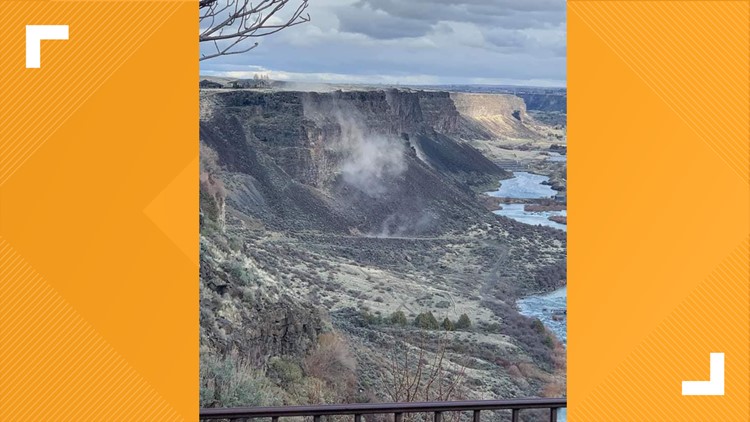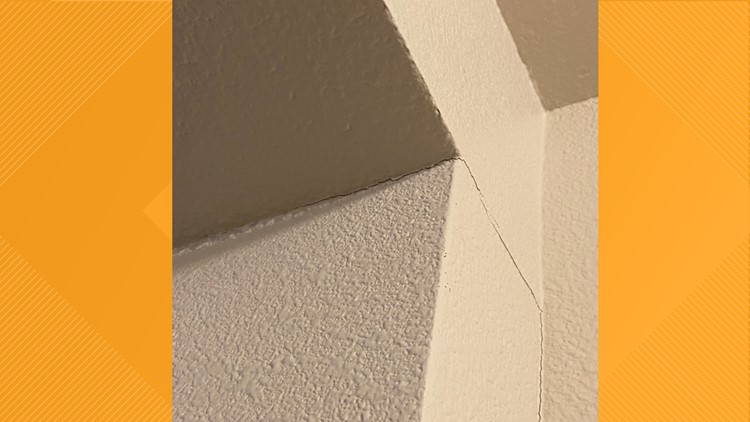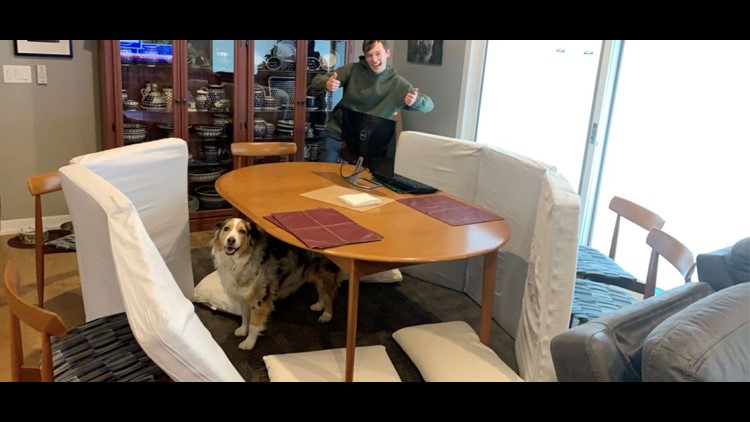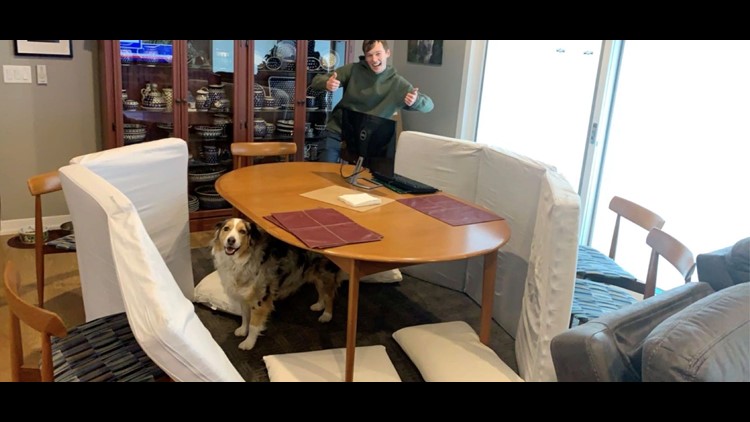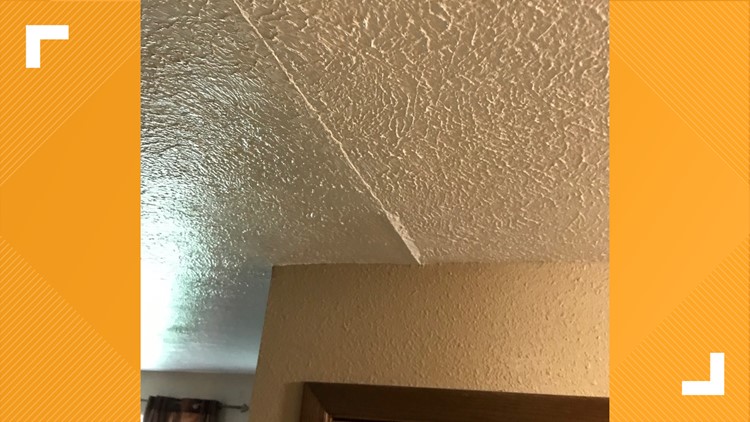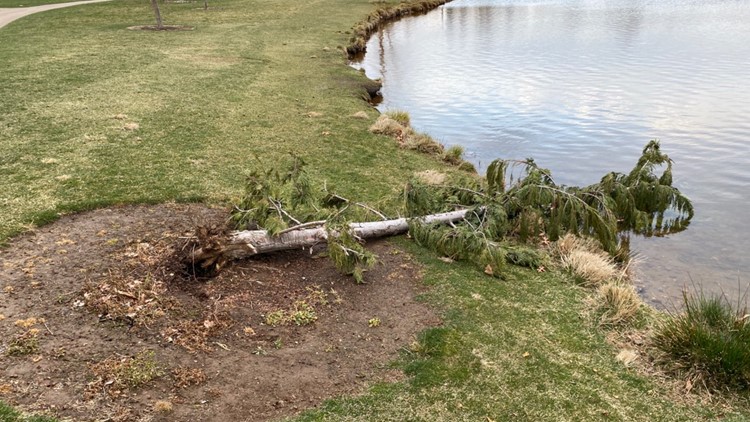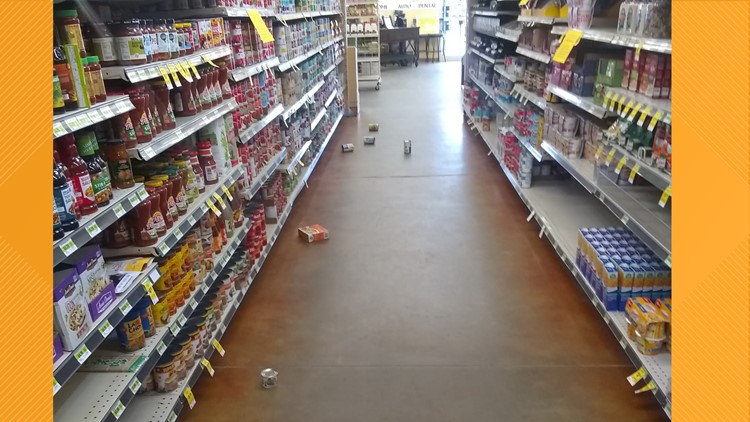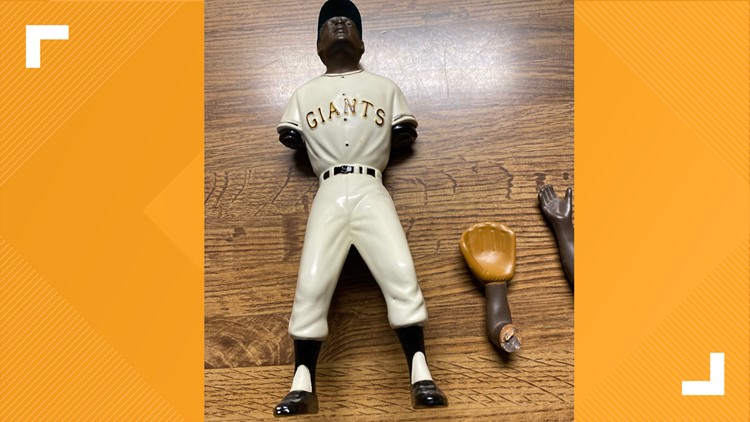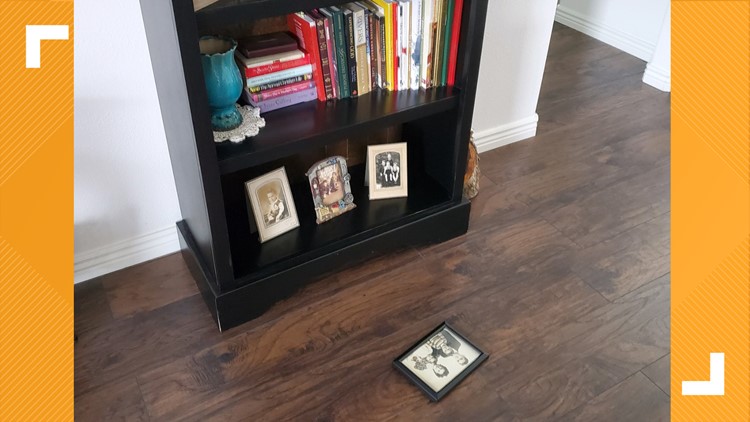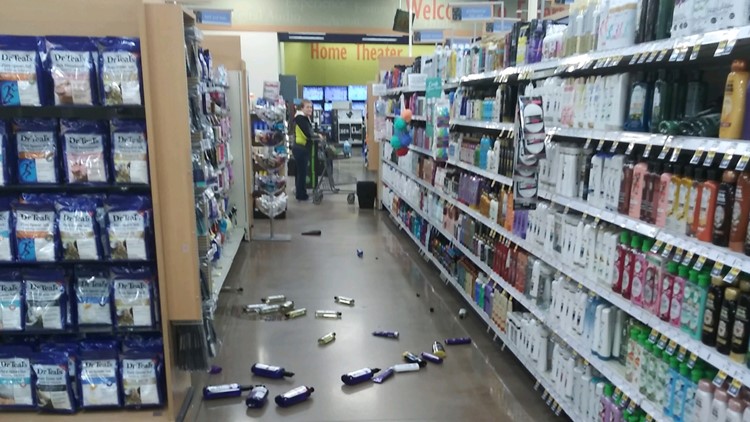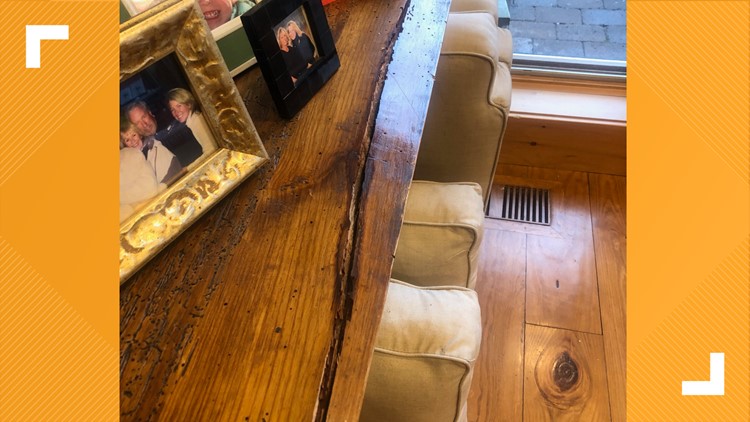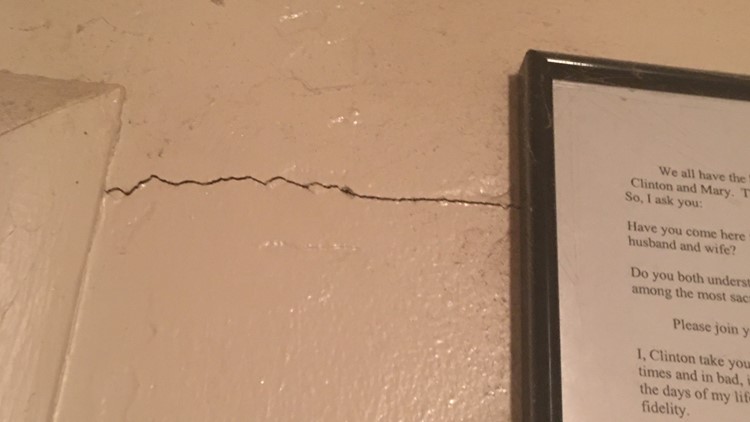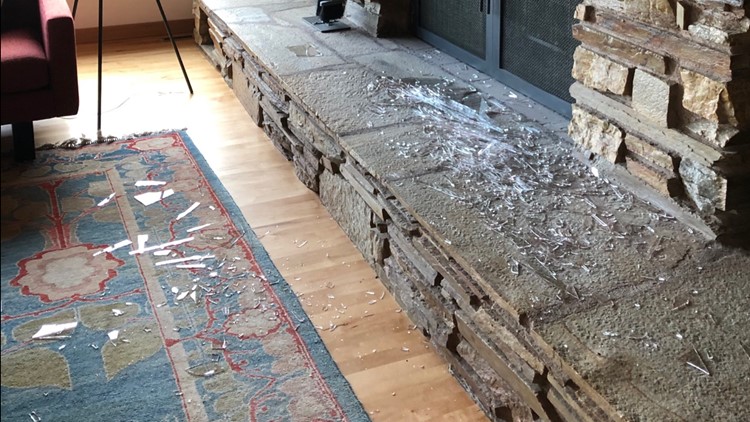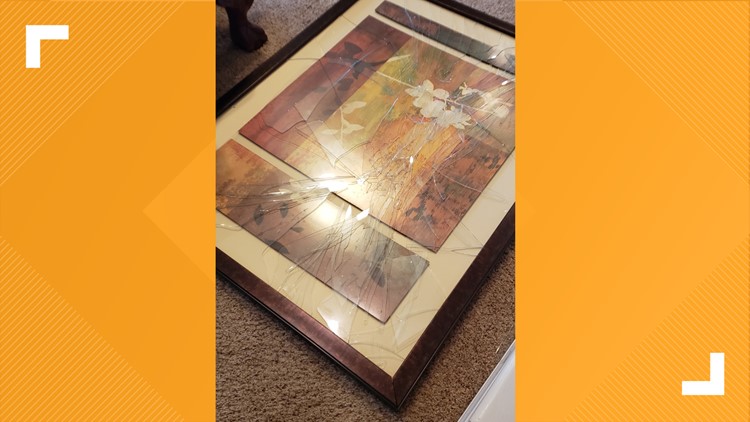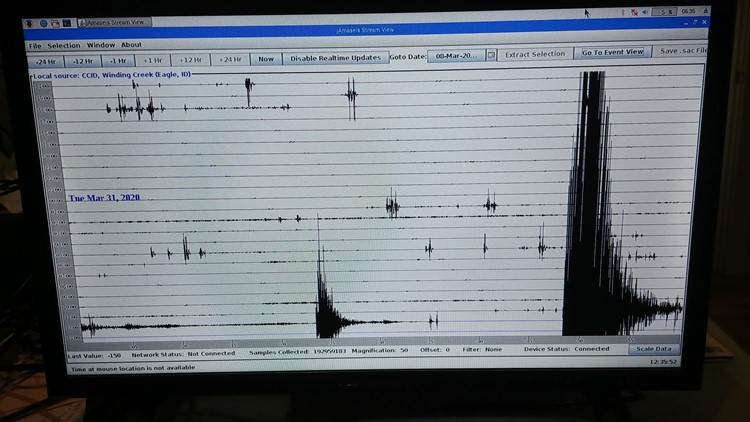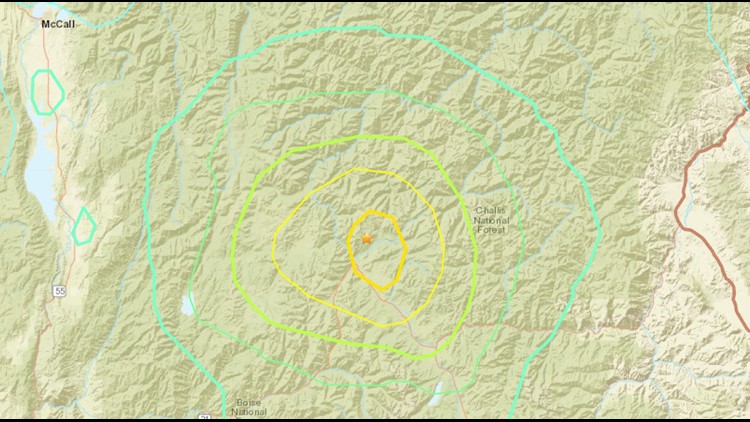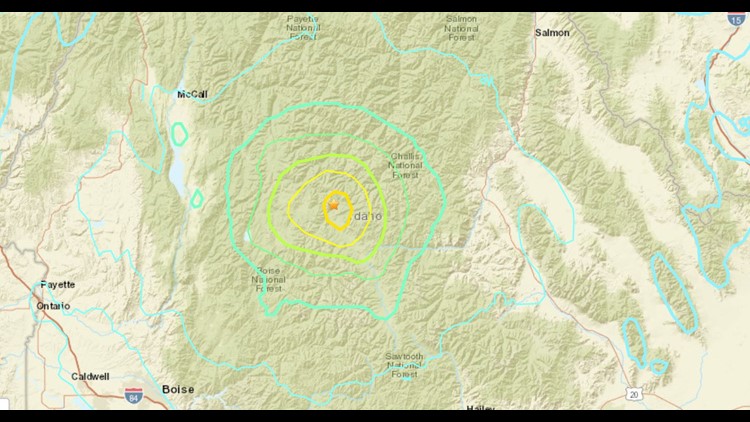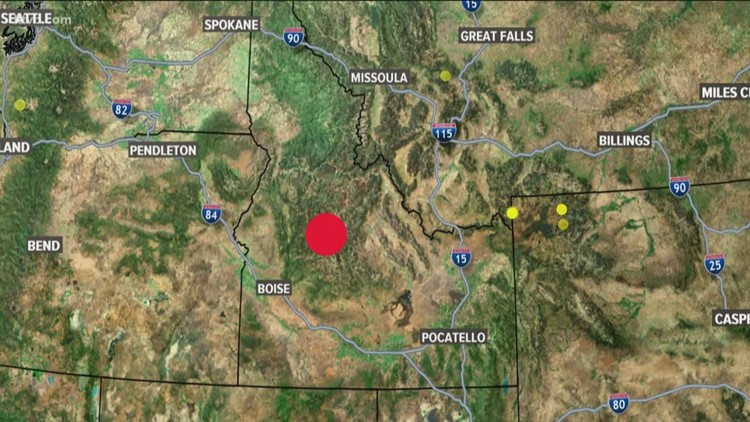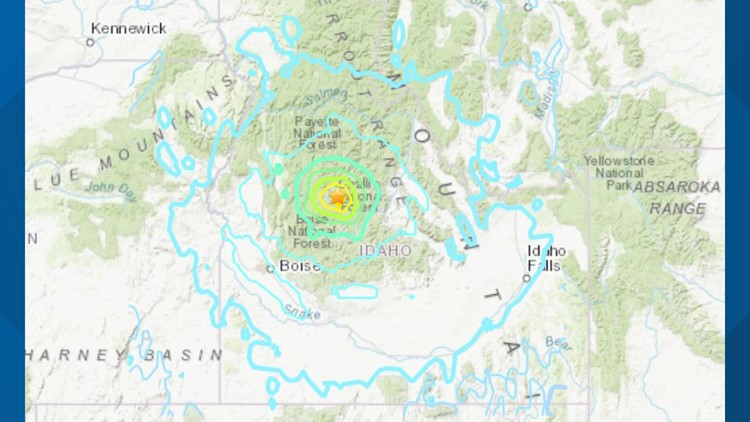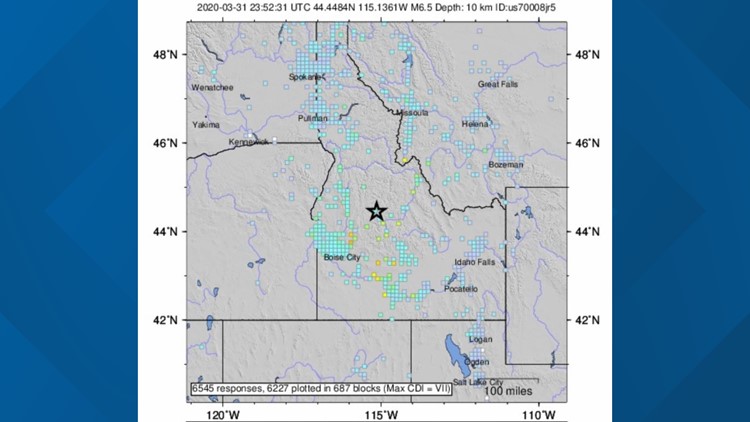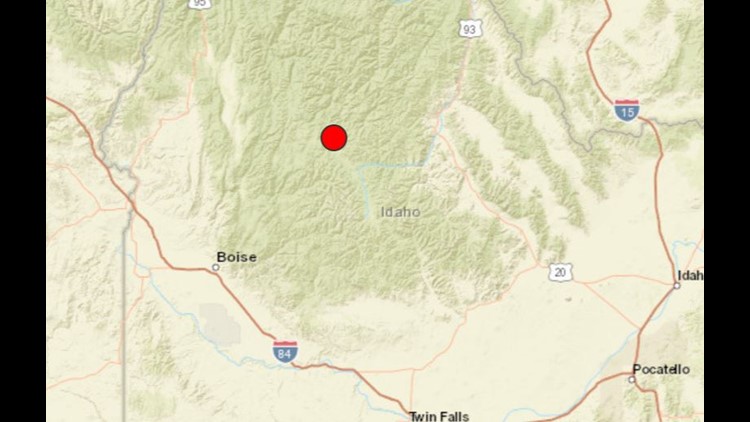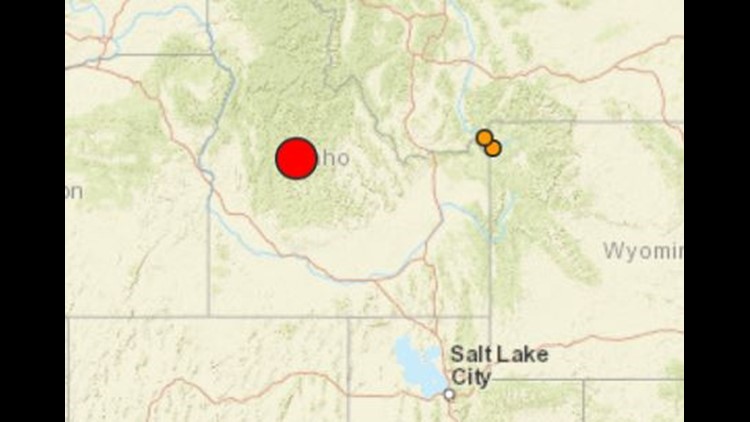BOISE, Idaho — Many people messaged KTVB saying they were scared during Tuesday's earthquake, and for good reason. It was a big one. Not The Big One, of course, but still strong enough to be felt throughout Idaho and six surrounding states.
And with hundreds of aftershocks possible over the next week, here are some safety tips from the Red Cross to remember to do during an earthquake:
- If you are indoors -- drop, cover, and hold on.
- Try to protect your head and torso, and move as little as possible.
- Find a spot that is most structurally safe, like in a doorway or under a sturdy table.
- Stay indoors until you are sure it is safe to exit.
- If you smell gas get out of the house and move as far away as possible.
- Before you leave any building make sure that there is no debris that could fall on you.
- For staying safe outdoors during an earthquake -- find a clear spot and drop to the ground.
- Try to get as far away from buildings, power lines, trees and poles as possible.
- If you're driving, pull over to a clear location and stop.
- Avoid bridges, overpasses and power lines if possible.
- Stay inside the car with your seatbelt on until the shaking stops.
RELATED: 'Be ready for more earthquakes': Hundreds of aftershocks possible after Idaho quake, USGS warns
"It would actually surprise most Idahoans I think to know that we are the eighth-most seismically active state," said Janice Witherspoon, public information officer for the Idaho Office of Emergency Management. "What this means is that earthquakes do happen here in Idaho and they're more prone to happen than in 42 other states."
Witherspoon told KTVB, following an earthquake, people should check the infrastructure of their homes for any possible damage. Then take the time to think about how you're going to plan for the next one.
Watch below: Raw video Idaho residents captured of the magnitude 6.5 earthquake felt in six states
"The first thing anybody can do to become earthquake ready today is to actually practice and drill for an earthquake," Witherspoon said.
That means practicing dropping, taking cover and holding on. Next, she recommends having a safety or emergency communication plan to alleviate some of the chaos and concern that can come along with a natural disaster.
Experts also recommend putting together an emergency kit with essential items that include: first aid kit, flashlight, a whistle, a battery-powered radio, water, non-perishable food. Also, consider including unique items you might need for your family.
"If you have young kids or teenagers this may be one of the most stressful times of their lives, so one of the things you may want to include in your emergency kit is a comfort item for them or something they can use to pass the time," Witherspoon said.
RELATED: Reckless Kelly singer records in mountains the day of earthquake: 'I hope I didn't jinx us'

